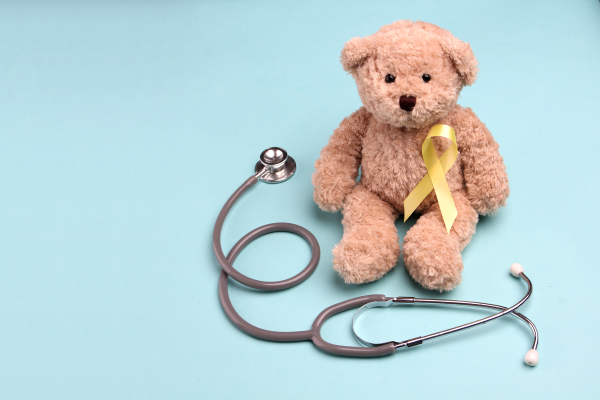
13 Feb Rationale – Effects
Regarding the etiology of cancer few risk factors have been identified. It is estimated that 4 – 8% of childhood cancers arise due to genetic predisposition and there are more than 100 known genetic syndromes that may increase the risk of developing childhood cancer. As research progresses, the association of genetic mutations with several rarer cancers is expected to increase (1).
It is also true that there are major differences in cancer in adult and pediatric patients. Unlike many types seen in adults, paediatric types are not as strongly associated with lifestyle or environmental risk factors, with only a small proportion being gene-related. At the same time, their therapeutic approach tends to be more successful, with the only major drawback being the impact of some treatments such as radiation since they are still in the developmental stage (7).
The high survival rate of children with cancer is often accompanied by an increased risk of developing adverse side effects due to long-term chemo- and radiotherapy. Chemotherapy suppresses the immune system and may interfere with their normal development during treatment, but also with a significant impact on their health status and in adulthood. It is estimated that 62% of adult survivors of a childhood cancer have more than one chronic health problem due to treatment, 38% more than 2 and 28% a very serious problem such as cardiomyopathy (4).
Children undergoing treatment for cancer are often faced with serious side effects, including complications in: development, cognitive function, neurological function, respiratory function, musculoskeletal system and secondary malignancies. Thus, as adults they may suffer from: cardiomyopathies, increased risk of cardiovascular disease (including hypertension and dyslipidemia), obesity, respiratory disorders, diabetes mellitus and endocrine disorders (4).

